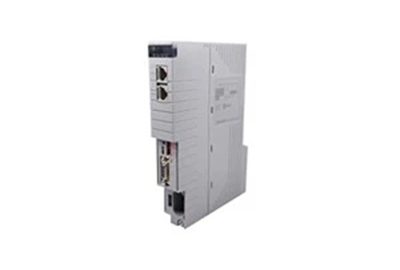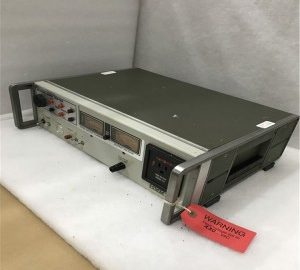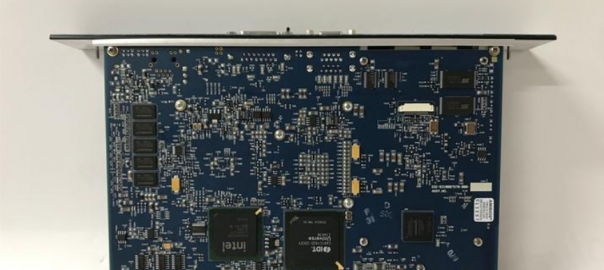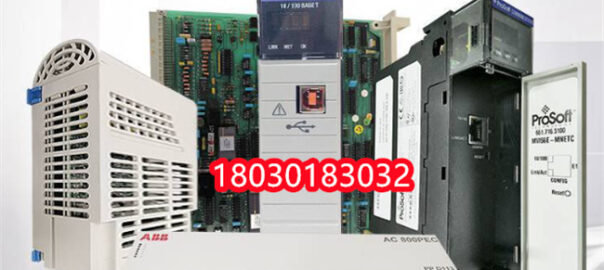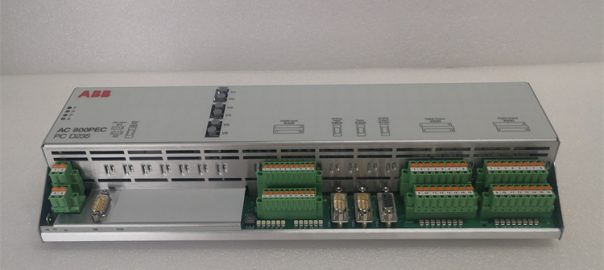SCXI-1600 is capable of editing another POSIX-compatible operating system
Apis can specify applications and operating systems. [24] Portable operating system interfaces, for example, provide a common set of API specifications designed to enable applications written for POSIX-compatible operating systems to edit another POSIX-compatible operating system.
The Linux operating system and Berkeley Software Distribution are examples of operating systems that implement POSIX APIs. [25]
Microsoft has shown a strong commitment to backward compatibility apis, especially in its Windows API(Win32) library, so older applications can run on newer versions of Windows using executable-specific Settings (called “compatibility mode”). [26]
Apis are source-based, unlike the applied Binary Interface (ABI), which is binary based. For example, the portable operating system interface provides an API, while the Linux standard library provides an ABI. [27] [28]
Remote API
The remote API allows developers to manipulate remote resource protocol-specific communication standards in the following ways, allowing different technologies to work together regardless of language or platform. For example, the Java database connection API allows developers to query many different types of databases with the same set of functions, while the Java Remote Method invocation API uses the Java remote Method protocol to allow functionality that is remote to pray but local to the developer. [29] [30]
Therefore, remote apis are very useful for abstracting objects in maintenance object-oriented programming; a Method call, executes the agent object locally, invokes the corresponding method on the remote object using the remoting protocol, and gets the result to be used locally as the return value.
Modifications to the proxy object will also result in modifications to the remote object.


